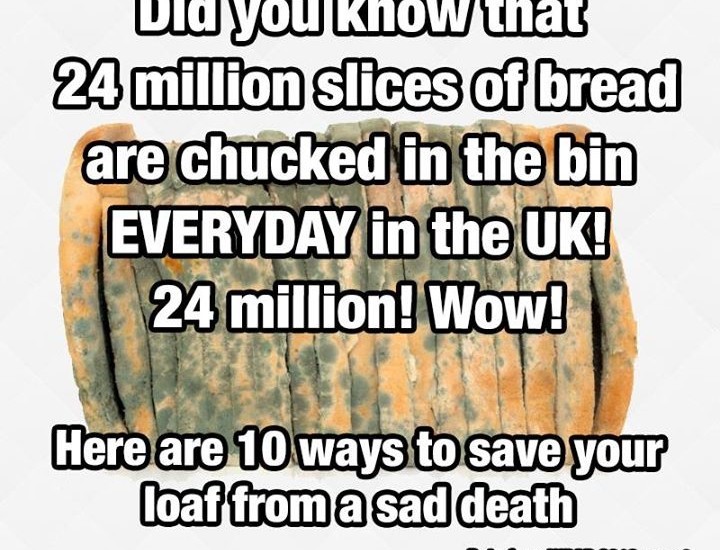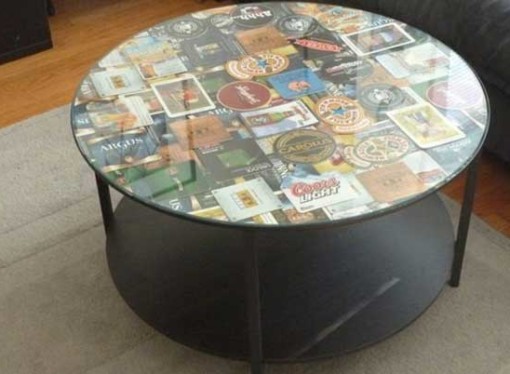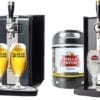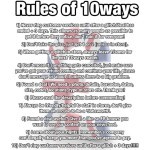1) Moisture is breads worst enemy, keep loaves dry and never touch with wet hands.
2) The bags inside cereal boxes are excellent for storing bread in and for using in the freezer.
3) Whole wheat bread generally gets mouldy slower.
4) Bread kept in the fridge will go stale QUICKER than bread stored on the kitchen side. So keep bread dry, cool and away from the fridge!
5) Remember any bread you’ve not used after 2-4 days of opening is probably ready for the freezer. You can prevent freezer burn by wrapping your loaf of bread in foil and placing the loaf into a freezer-safe plastic bag for the duration of its storage e.g. the cereal bag.
6) When placing bread in the freezer it can sometimes stick together once frozen, if you can be bothered place a few bits of baking paper between the slices prior to freezing to solve this.
7) Once frozen bread will thaw after a few seconds in the toaster or after around about an hour at room temp.
8) Stale bread = the best croutons. Cut up into 1inch squares, cover with olive oil, season, place on baking paper and place in oven at 190c for 15-20mins. Use within 1 week or freeze for up to 6 months.
9) Stale bread is also good for crusts on meat (along with seasoning obv), bread pudding, french toast, breadcrumbs (both savoury and sweet), blending into soups, ingredient in burger mixes and hundreds of other recipes.
10) For those that fancy playing in the kitchen / making a mess in the kitchen try wetting your stale bread with water and then putting it in the oven to turn back into soft bread again.
Full 2013 WRAP report > http://10ws.co/1uaOzre
1 comment



























